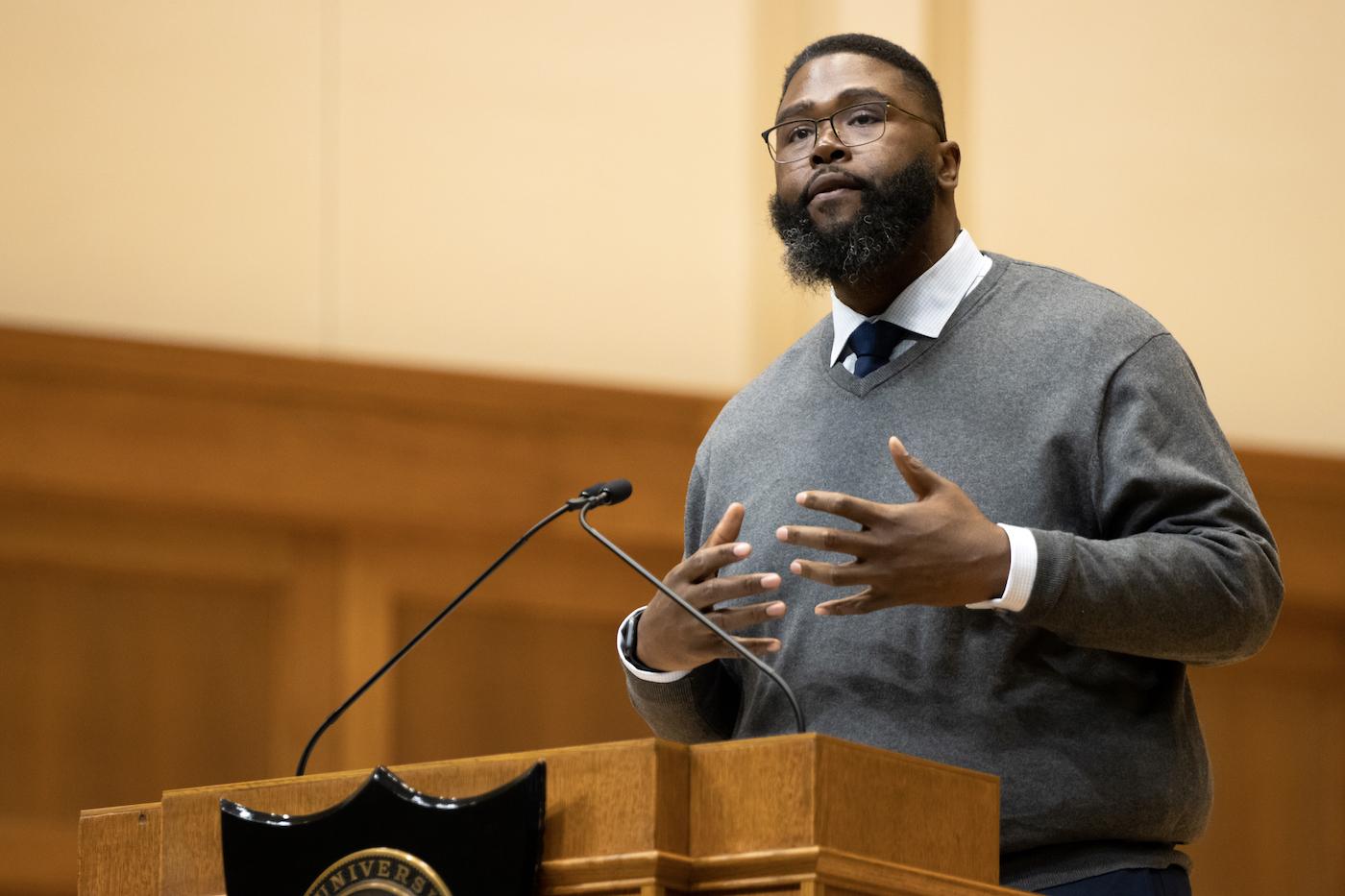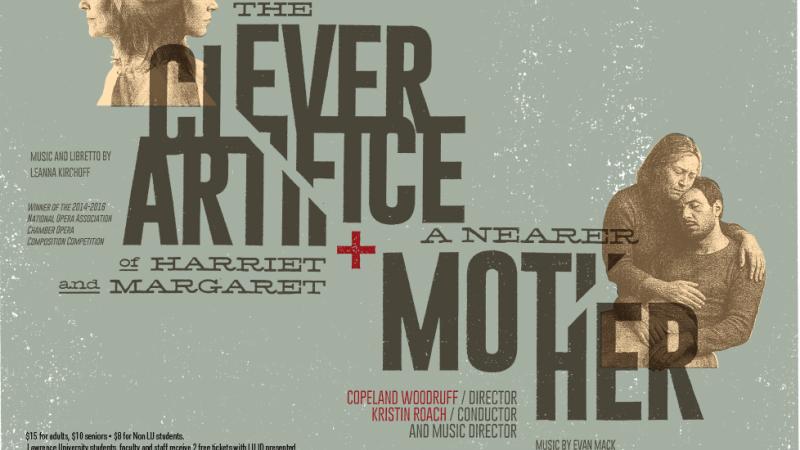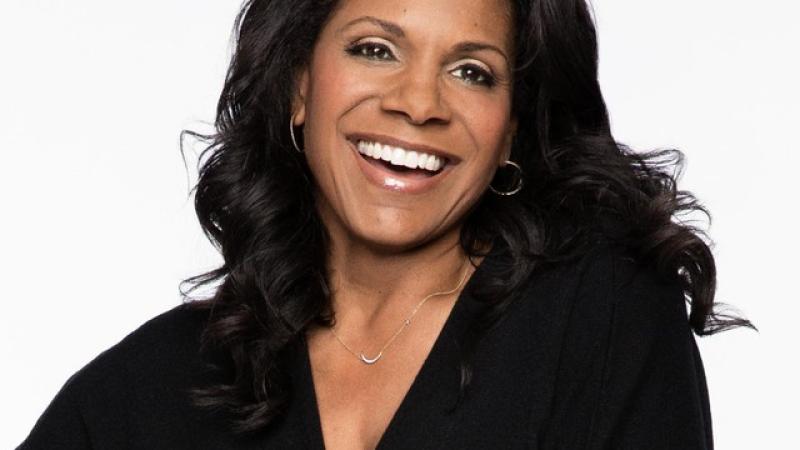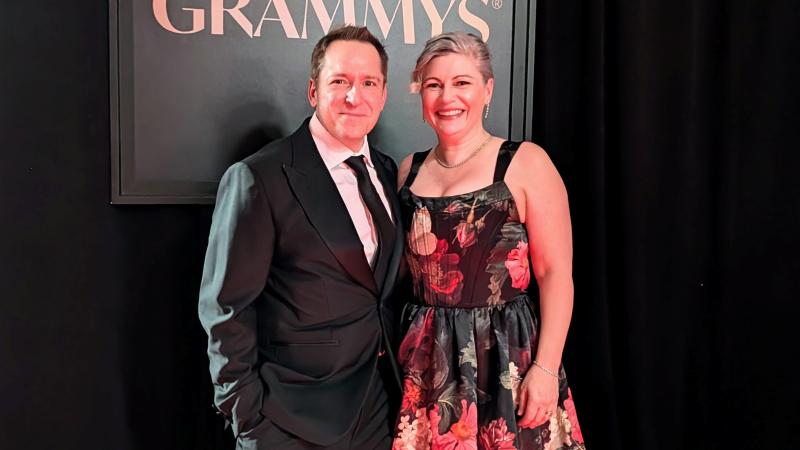Access to higher education for low-income, first-generation, and underserved populations has improved dramatically over the past two decades. Now comes the need for greater attention to inclusion by schools across the higher education spectrum, Dr. Anthony Jack said during a Winter Term Convocation address Friday in Lawrence University’s Memorial Chapel.
Universities, Jack said, need to prepare adequately for the arrival of those diverse students, understanding where they may see challenges and providing the necessary support to see them through. Feeling welcome, at home, and connected speaks to inclusion in ways access never can.
“I hope this talk is one of many conversations about the new responsibilities that diversity demands of all of us—professors and students, administrators and staff members alike,” he said.
Jack, an assistant professor of education at Harvard University, is the author of the 2019 best-selling book, The Privileged Poor: How Elite Colleges are Failing Disadvantaged Students. He pulled from his decade of research as he discussed hurdles faced by first-generation and low-income students. He called on universities to dive deeper into the diverse experiences that come within those groups. It’s necessary, he said, to understand the totality of those experiences as campuses look for paths toward a more equitable and complete campus culture.
In The Privileged Poor, Jack studied first-generation and low-income undergraduates at Ivy League universities who came on a pipeline from boarding schools in the northeast. He called these students the “privileged poor.” A second group he called the “doubly disadvantaged”—students who arrive on campus from underprivileged backgrounds after attending often troubled public schools.
Preparing for those varied journeys is part of the challenge for universities wanting to provide an inclusive environment, Jack said.
The realities of inclusion on a college campus play out in everything from collaborating with professors to finding food to eat when the cafeteria closes during break.
“Student experiences underscore how access and inclusion are two separate institutional mandates,” Jack said. “We must work to ensure that students don’t just graduate; to me that’s the easy goal. A more important one and a harder one is having them do so whole and healthy and ready for the next adventure.”
Jack graduated in 2016 with his Ph.D. from Harvard after receiving dual bachelor’s degrees in women’s and gender studies and religion from Amherst College. He said his own journey mirrors much of his research. He entered Amherst three years after the college launched a new financial aid program aimed at easing access for students from low-income families. But he felt lost at times, not understanding how to enjoy the here and now because he needed to work four campus jobs to support family back home.
“Rest was a luxury I thought I couldn’t afford,” he said.
Faculty and staff need to work together, he said, to prepare all of their students for that journey—not just to but through higher education.
“To uncritically praise universities as democratic institutions for increasing access reflects a limited civic imagination,” he said. “An admissions letter and generous financial aid do not a diverse college make. Access ain’t inclusion.”
Friday’s Convocation was the second of three Lawrence Convocations during the 2022-23 academic year. Next up will be the Honors Convocation on May 26, featuring Lawrence faculty members Madera Allan, associate professor of Spanish, and Constance Kassor, associate professor of religious studies.




